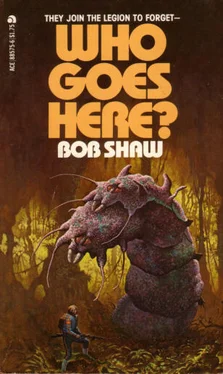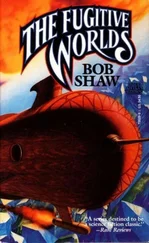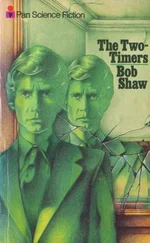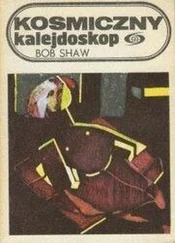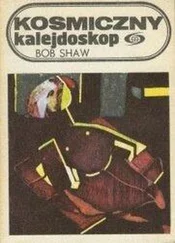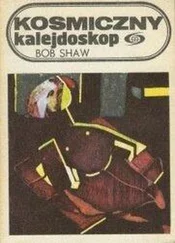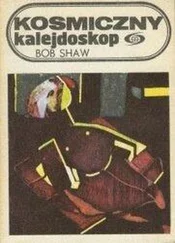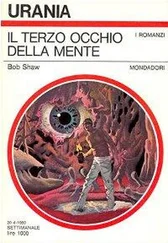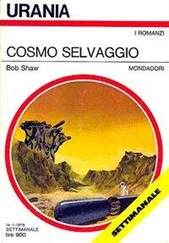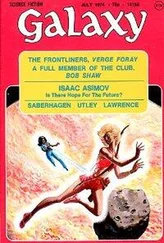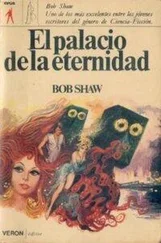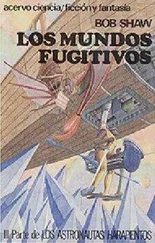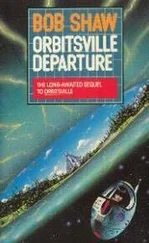“Have you got your new name written down?”
“I’ve gone one better—I’ve got it printed, in big letters, so that my mind can’t wander.”
Norman took a thick paperback novel out of his jacket pocket and tapped it with his finger.
“It’s right here on the front of his book.”
“Are you sure that’s a good idea?” Peace said, wondering if he was wise to interfere. “I mean, you might stare at the wrong part of the book. Sort of accidentally.”
“What a silly suggestion! I’m not going to christen myself War And Peace, am I?”
“I meant accidentally.”
“I’m rather accident prone, my friend, but not to that extent.” Norman stood up with an air of finality, put his book away and extended his hand to Peace. “It wasn’t fair of me to burden a complete stranger with all my worries—but thanks for being such a good listener.”
“It’s all right.” Peace shook his hand. “Perhaps you’ll do the same for me some day.”
“I doubt if our paths will ever cross again,” Norman said. He went out of the bar and a few seconds later his blurred outline—moving at a funereal pace appropriate to its load of care—passed across the misted window and was lost to view. Peace stared for a moment at the blank grey screen of glass, and suddenly his imagination illuminated it with a scene from another world and another time. He pressed both hands to his temples as, amid a crescendo of pain, his memory was made complete, and he knew the full, unspeakable extent of his shame.
Lieutenant Norman Nightingale was leading afoot patrol through the forests of the Aspatrian high country, a hundred kilometres north of Touchdown City.
He was advancing with extreme caution, carrying his radiation rifle at the ready, prepared to burn anything which made a sudden move. His willingness to shoot was inspired by the desire to remain alive, coupled with the knowledge that, in this area, he would not be called upon to fire at human beings. Nightingale had no stomach for fighting the Aspatrian colonists, whose claim for independence he regarded as being fully justified.
He had acquired some local knowledge during his brief stay on the planet, and he knew that the native Aspatrians never went into the high forests, not even for military expedience. The overhanging boughs were the home of the strange omnivorous creatures, which-because of their blanket-like shape and patterned colouration-had been dubbed throwrugs by the rankers. The homely term was perhaps meant to disguise the dread and loathing the men had for an enemy which pounced without warning, could not be shaken off, and brought a death which was spectacularly nasty, even by Legion standards. Any man who saw a comrade fall victim to a throwrug was required to shoot him immediately, and those who had been through such incidents-far from regarding this as a harsh measure-made their fellow soldiers vow to give them the same treatment, should the need arise.
Nightingale’s mind was in a turmoil as he picked his way through the sun-dappled silence of the forest. He disliked service life in general, and particularly resented the arbitrariness of the staff order to clean the Aspatrians out of a forest which the Aspatrians were too prudent to have entered in the first place. Adding to his anger and concern was the fact that he was accompanied by two good men—Ozzy Drabble and Hec Magill—whose lives were his reponsibility. He regarded the pair as friends despite the sharp officer-ranker schism of the Legion’s structure. His regiment, the 81st, was a crack outfit in which the use of command enforcer implants was scorned, which would have made it possible for veteran legionaries to have given a rough passage to an inexperienced young lieutenant. But he had always had loyalty and unobtrusive moral support from Drabble and Magill, and was desperately anxious that no harm should befall them on his account.
They were moving line abreast, with Nightingale in the centre, when the first throwrug struck.
Nightingale heard the soft impact and muffed screams on his right. He spun and saw Magill falling to the ground, his body enveloped in the predator’s terrible bright folds. The legionary began to writhe as the fronds wrapped themselves around his body and the digestive secretions went to work on his flesh. Nightingale stared at the scene in horror, totally unable to move.
“Out of the way, Lieutenant,” Drabble shouted from the left. “I can’t hit him without burning you as well.”
Nightingale turned just in time to see the second throwrug claim Drabble, who had levelled his rifle and was trying to get into position for a mercy shot. Drawn into a tight ball, the creature fell like a stone until it was a short distance above Drabble’s head, then it unfolded in the last instant to cloak his entire body. He went down without a sound, but the violence of his struggles was an eloquent plea for Nightingale to perform the ultimate act of comradeship.
His lips moving silently, Nightingale tried to take aim. And there came the sound of movement in the branches above him.
He threw down his rifle and fled, continuing to run-like a man pursued by demons-long after he had reached the safety of open ground.
Peace gazed for many minutes into the spurious grey depths of the misted window, knowing that he had at last reached the end of the trail, that the pilgrimage was over. He had learned exactly who he was, he had learned exactly what he was—and the knowledge was such that he could not bear to live with it. The burden of guilt was too great.
There’s only one thing for it, he thought, struggling to his feet. I’ll have to join the Space Legion. To forget.
He was in poor physical condition, but the Legion’s recruiting officers were so anxious to make up their quotas that they would accept anybody who could be repaired without recourse to major surgery. By the same token, they rarely queried the identity of recruits or investigated their past lives, but—as had been pointed out to him—he was going to need a new name. His family’s prominence in the Legion meant he could not call himself Norman Nightingale, and there were unacceptable hazards associated with trying to become Leo Tolstoy.
“Not risking going in as Anna Karenina,” Peace muttered in his beard. “Things were bad enough the first two times round with men’s names.” He went to the bar counter, obtained a scrap of paper, deliberated for a moment, then wrote in large block letters the name: JUDAS FINK.
Gloomily satisfied with the appellation, he shoved the paper into his pocket and made his way to the door, but hesitated before going through it, reluctant to face the coldness and hostility of the world outside. Several seconds went by before he appreciated the full irrationality of his fears—after what he had been through the future, any future, simply had to be an improvement.
He opened the door and walked out of the bar—and found himself face to face with the two Oscars.
The brazen giants moved instantaneously to bar his way, hemming him into the small entrance hall, and he knew that on this occasion—barring a miracle—there could be no escape.
He was raising his hands in surrender, when a passable imitation of a miracle occurred. His other self, Norman Nightingale, his business at the name-changer’s place presumably completed, came into view a short distance away and crossed the street towards the shabby hulk of Fort Eccles. Oblivious to his surroundings, eyes fixed steadfastly on the ground, Nightingale dragged himself dejectedly up the short flight of stone steps and passed through the doors of the recruiting office.
Читать дальше
